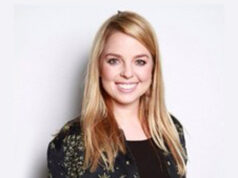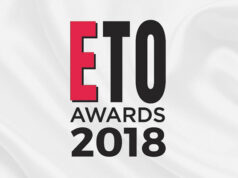The debate over the censorship of online pornography in the UK continued yesterday with a contentious remark from U.K. Google’s public policy analyst, Naomi Gummer, at a conference of child welfare experts, where she declared that it is the parents’ responsibility – not Google’s or the governments – to make sure children do not encounter porn on the Internet.
The conference follows a call from British members of parliament for better internet filtering and a possible “opt-in” system for adult material. Gunnar reportedly said to The Telegraph that technology is moving too fast for blanket legislation to be effective.
Data was also discussed that indicates the problem of childhood exposure to pornography on the internet is less significant than is commonly believed: “Twenty-five percent of kids have seen sexual images, but only 14 percent saw them online,” said Gunnar. “Of that, 4 percent say they were upset by the images, 2 percent of those images are hard-core and violent and the rest is nudity in the same way as perhaps seen in the offline world”.
Sonia Livingstone, professor of Social Psychology and head of the Department of Media and Communications at London School of Economics, reports similar results in a survey of her own, which suggests that only a quarter of 9-16 year-olds have seen sexual images and only 11 percent on websites.
Despite the relatively low scale of the problem, Livingston expresses the view, as she gives it on the BBC website, that “the internet has made porn much more diverse and extreme. And for a vulnerable minority, internet porn can lead you away from normal expectations to more abusive sexual behaviour.”
Livingston also suggested a more pro-active approach to the issue of children being potentially upset by images they encounter, through preparation, rather than prevention: “Porn is not part of sex education and we don’t talk about what’s on the internet. Both parents and teachers are often embarrassed to talk about it. Personal Health and Social Education classes would be the logical place to discuss internet porn.”



![20 years of ETO: Harmony, Charing Cross Road, London [reprinted from issue 1, July 2003]](https://www.erotictradeonly.com/wp-content/uploads/2023/08/NEWS_20YEARS_HARMONY_ISSUE1-238x178.jpg)











